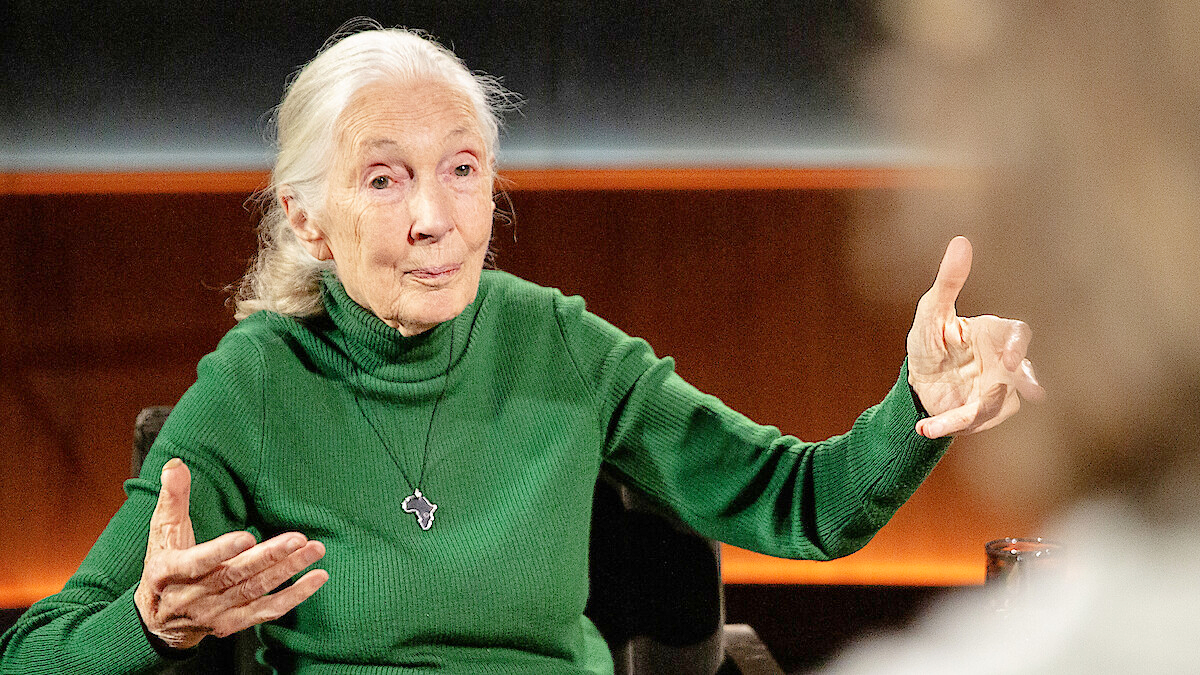Netflix’s latest historical “documentary” Alexander: The Making of a God is finally available to stream, but certain viewers are lambasting the show for its “woke agenda.” Following in the footsteps of Queen Cleopatra, Alexander is being knocked for what viewers see as an inaccurate depiction of the greatest general of all time, specifically where his bestie Hephaestion is concerned.
While viewers can accept that Alexander conquered Syria, Egypt, Mesopotamia, Persia, India, Anatolia, and Afghanistan, too many are struggling with the idea that Alex and his main man might have had more going on than a simple friendship. There is probably a reason the duo have long been compared to Patroclus and his “good friend” Achilles.
In the wake of the series debut, the debate has moved from historians basements to the those of internet mouth breathers and one thing has become abundantly clear; too many people need to get off of Twitter and open a gosh-darn book.
Was Alexander the Great Bisexual?
While there might not be any exact evidence that Alexander the Great was gay, plenty of historians believe that the general was bisexual. In ancient Greece, the idea of sexual relationships between two men was much more commonplace. Classic writers like Plato, Herodotus, and Xenophon – who chronicled much of what we know about Greek Mythology we enjoy today – regularly explored the idea of what homosexual relationships between men were like.
During the Classical and Archaic periods (roughly 600 years) Pederasty (the relationship between two men) was idealized and encouraged. These same-sex relationships were typically between older men and younger boys, but before you think this sounds predatory, keep in mind – older men always married younger regardless of gender. In a homosexual relationship, this was broken down into Eromenos, typically the younger of the two who was more desirable, and the Erastes or Philetor, the older male in the relationship.
Though Aristotle is hardly mentioned in Alexander: The Making of a God, the philosopher was incredibly important in shaping Alexander’s worldview. Though we don’t have many things directly from Alexander’s perspective or any way to know his secret thoughts, we do have plenty of writings from another of Aristotle’s students, Plato.
Plato once wrote that same-sex lovers were far more blessed than ordinary mortals, and in their youth, both Alexander and Plato grew up in a world where same-sex relations were encouraged. Alexander felt a deep respect for the hero Achilles, whom he could trace his lineage back to. Hephaestion acted in no small part as his Patroclus. The ancient heroes were almost always depicted with one another, and Homer noted that Achilles was tender with Patroclus in a way he was with no one else.
Ancient writers and modern historians still debate whether or not the two men were lovers or just childhood friends, but the popular school of thought during Alexander’s time would have been that Achilles, with his shaved face and nice physique was the eramenos to Hephaestion’s erastes. Outside of Hephaestion, Alexander was said to have taken King Darius of Persia’s eunuch, Bagoas as his lover. The general even kissed the courtier at the demand of the Macedonian troops.
Alexander’s death is even attributed to Hephaestion. After the latter fell in battle, Alexander was said to have forgone eating for days and wept openly for hours over his fallen lover. Alexander the Great succumbed to an illness less than a year after Hephaestion’s death and some historians say it was his apathy towards life after his greatest ally’s death that paved the way.
By the end of the Classical period, which ended with Alexander the Great’s death in 323 BC, same-sex relationships became less common and were actively discouraged. Plato changed his opinion from one of adoration to one of revilement. Modern historians have pointed to the end of the classical period as the beginning of bi-erasure, in which bi-sexual relationships are erased in favor of hetero-normative ones.











Published: Feb 6, 2024 02:08 pm